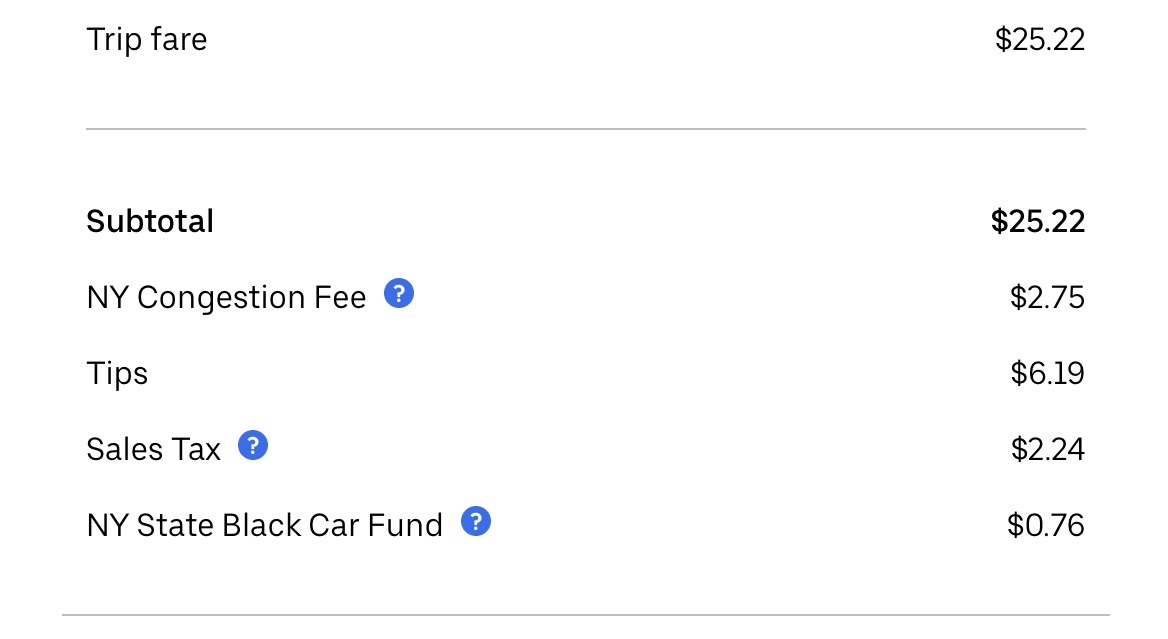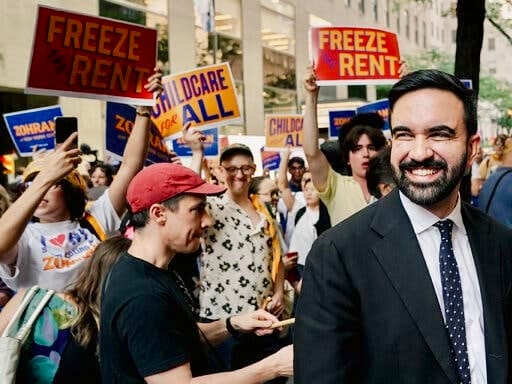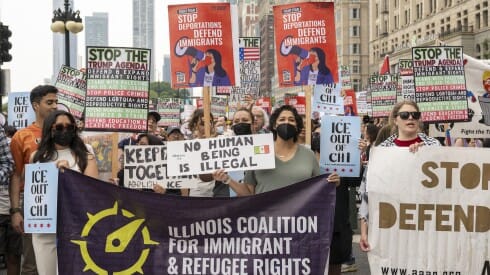Congestion pricing for Center City: Yes or no?
When things happen in New York, America’s largest city, there is usually a spillover effect.

A new policy becomes law, and pretty soon New York wannabes become copycats.
(OK, to be fair, when a policy works, why shouldn’t it be copied?)
I am talking about the soon-to-be-instituted congestion tax, which (simply speaking) will hit cars entering midtown Manhattan with a congestion tax of as much as $23. (It’s not exactly groundbreaking. Ride-share and taxis already hit passengers with a small congestion charge, as I found out during a visit last year.)
The fee was first proposed by nanny Mayor Michael Bloomberg in 2007.
Some cheered the plan, such as Vox. It sadly noted that required environment-protection assessments became the mechanism for slowing implementation to a halt. Call that irony.
The theory is that the charges will reduce congestion by making driving an unaffordable luxury for many, and if there are fewer cars in midtown there will be less pollution, and New York will use some of that money to improve mass transit, a worthy goal.
As Vox explains it, “Congestion pricing was the transportation equivalent of progressive taxation, with the money coming from drivers, who tend to be richer, and going to mass transit, where passengers tend to be poorer, all while serving broader climate and air pollution goals.”
While New York dithered, London, Singapore, and Stockholm introduced congestion pricing, and it was a success, according to The New York Times, which did admit to some drawbacks.
Some seized on the drawbacks, to condemn the charge, such as New Jersey Gov. Phil Murphy, who called it a “shakedown.” He was joined by other Garden State legislators.
Opposition also came from the so-called “outer boroughs” of Brooklyn, Queens, and especially The Bronx, which fears a massive invasion of motorists parking in that borough, and taking the subway into Manhattan.
OK. So you know the basics. Here’s the question: Should Philadelphia adopt congestion pricing for Center City, from Washington Avenue to Vine Street?



